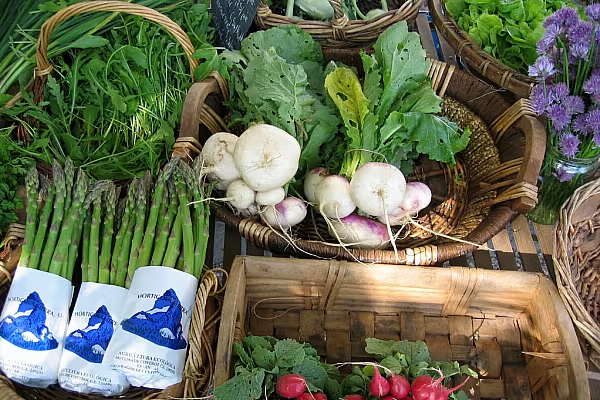Organic food sales in Italy were worth over €1 billion in 2016, accounting for 3% of total food sales.
The data was presented during the Marca conference in Bologna, by the ADM (Association of Modern Distribution) and Assobio (the National Association of Organic Food Producers).
The segment has seen double-digit growth since 2010, with peaks of 19% in 2015 and 2016. The trend in the last two years has doubled, compared to average growth during the 2010-2014 period.
About 45% of sales, in value terms, are generated by private label.
The top ten categories for value sales in 2016 (accounting for just under 50% of the total) grew by 5%-22%.
Organic accounts for 54% of whole-wheat pasta, 32% of milk-replacement drinks, 20% of dry vegetables and cereals, 30% of jams, 14% of eggs, 10% of low-fat yoghurts, and 9% of flours.
Last year, 74% of Italian households purchased at least one organic product (+1.2 million, compared to 2015), with millennials and the 30-44 age group above the national average. Of these, 68% are frequent users.
Over a quarter of consumers said that they bought organic products because they are healthier, 20% purchased them because they are more environmentally friendly, and 14% of shoppers believed organic products are more controlled. Thirteen per cent (13%) of consumers buy organic because they perceive it as better, while 10% do so because they do not trust conventional products.
In December, Assobio predicted that 2016 would see a growth of 20% for the organic market in Italy.
© 2017 European Supermarket Magazine – your source for the latest retail news. Article by Branislav Pekic. Click subscribe to sign up for ESM: The European Supermarket Magazine.











